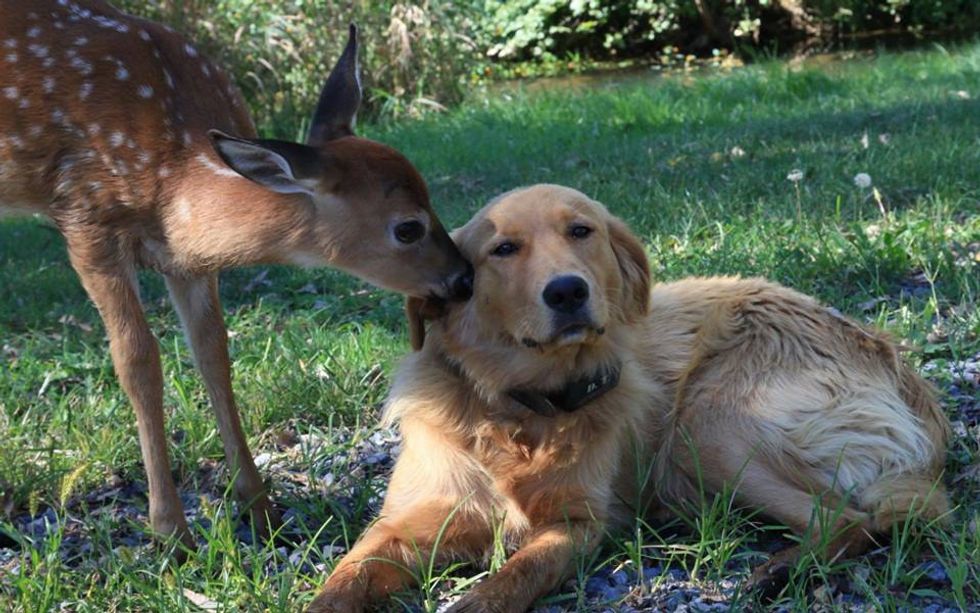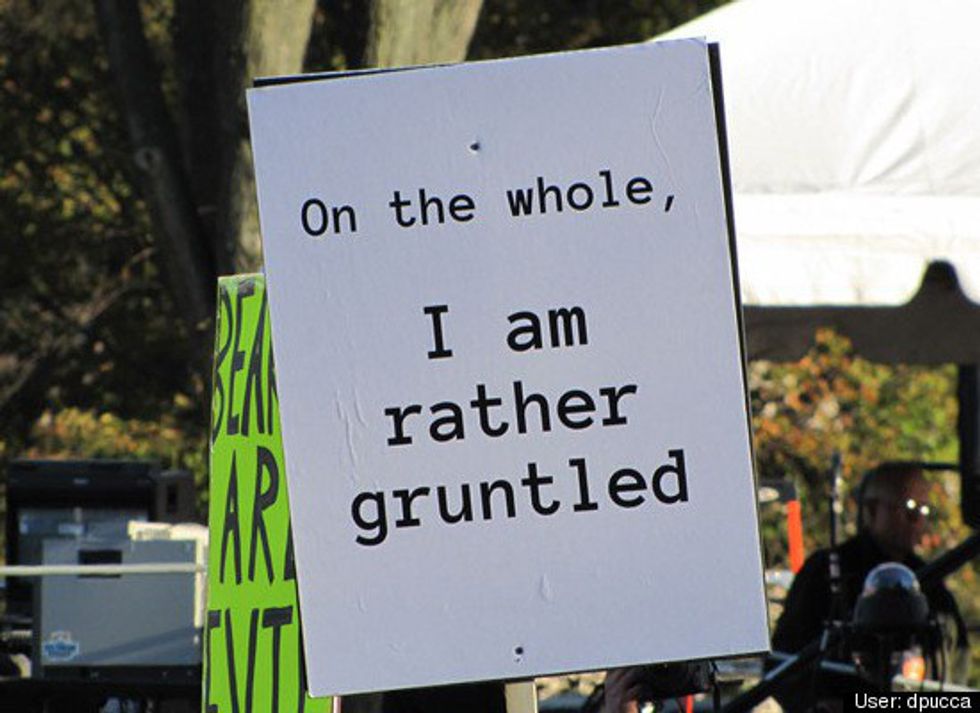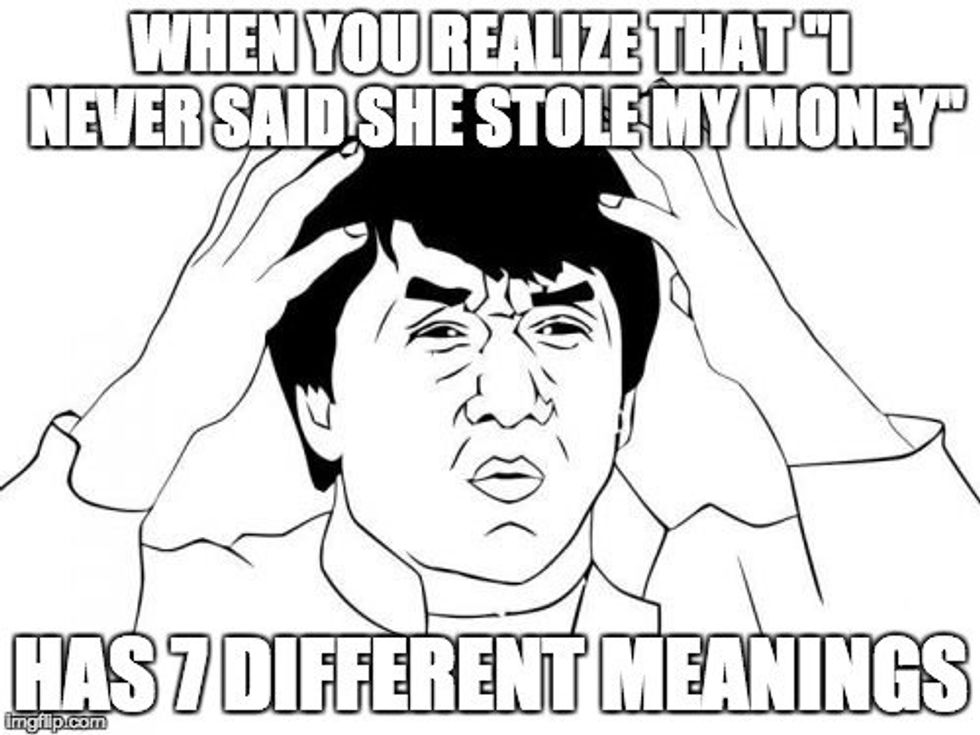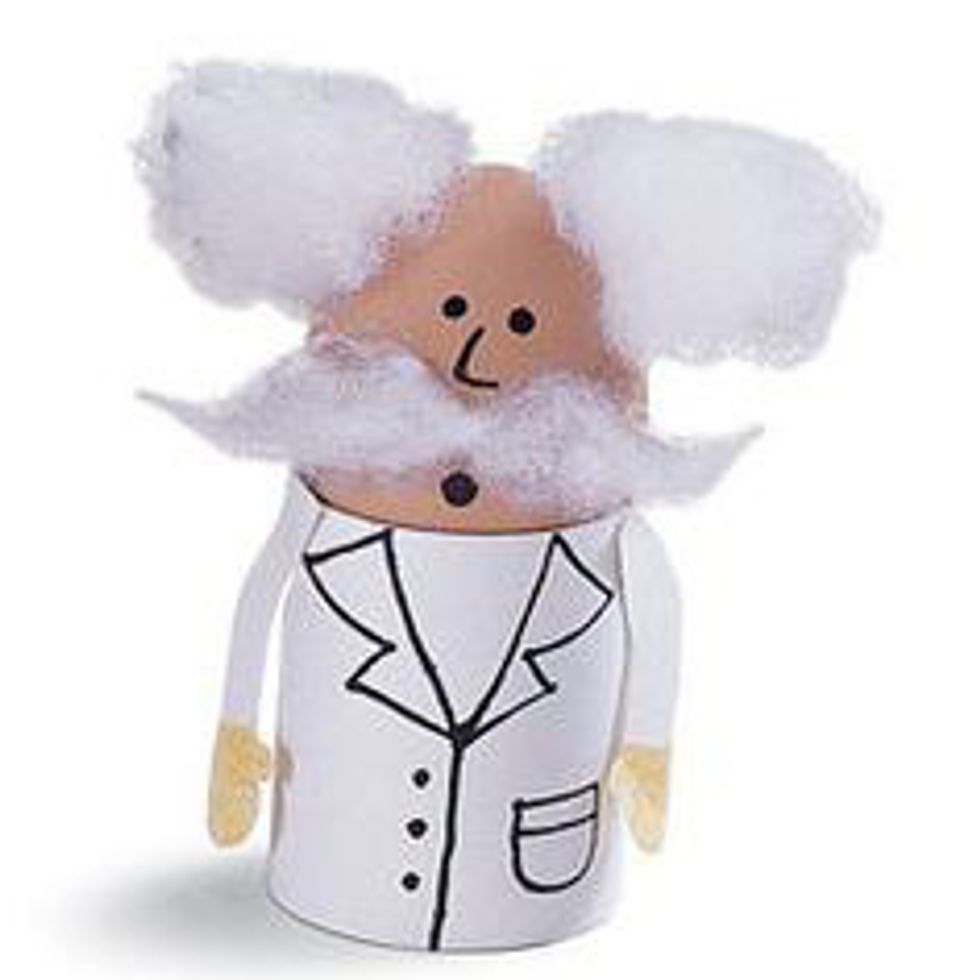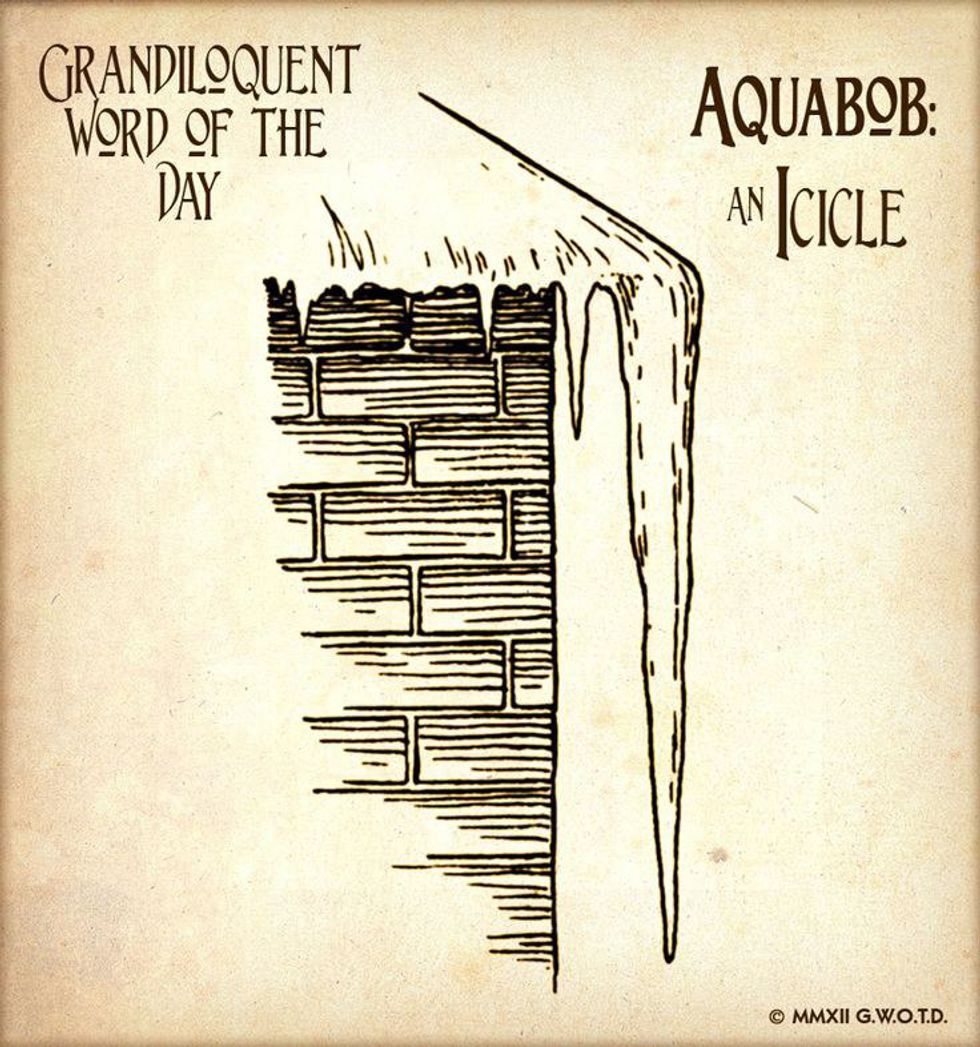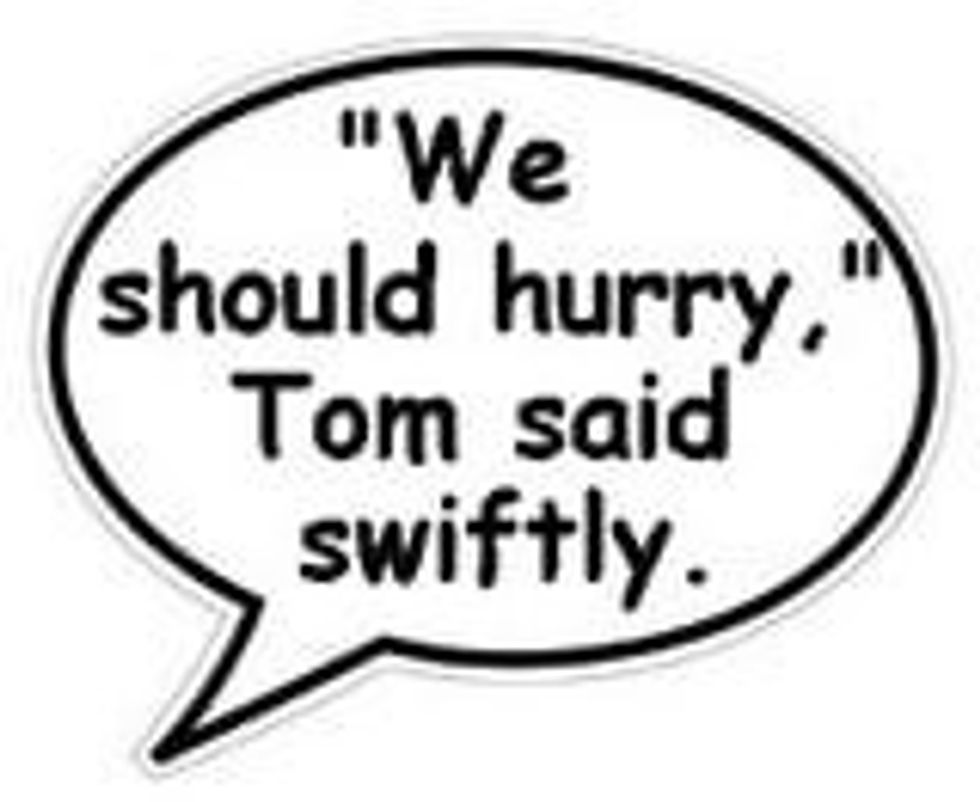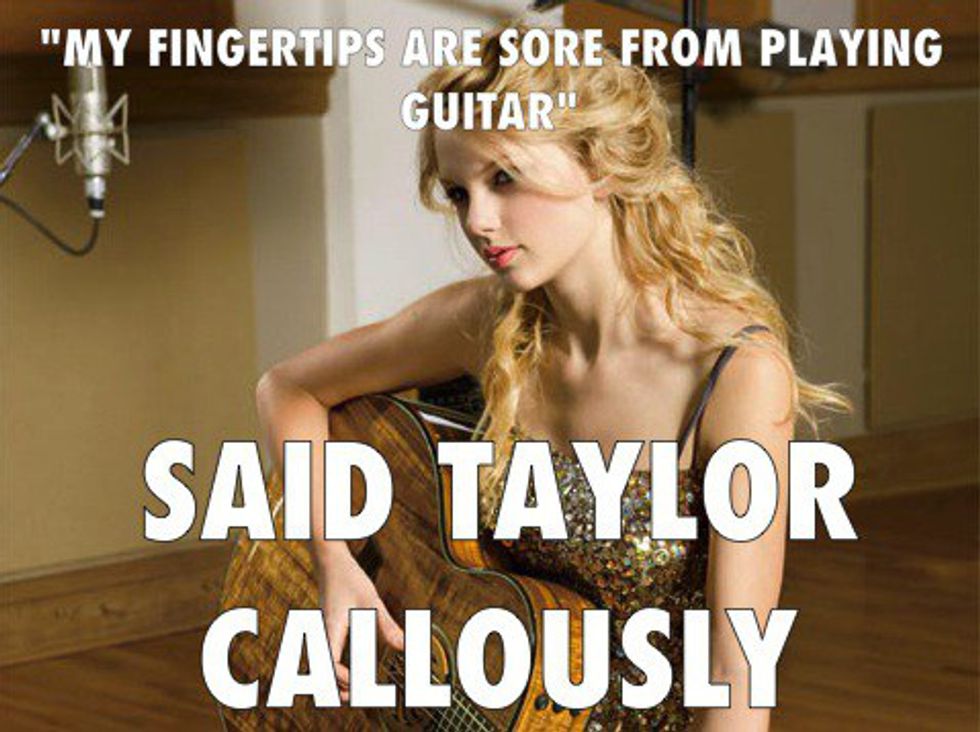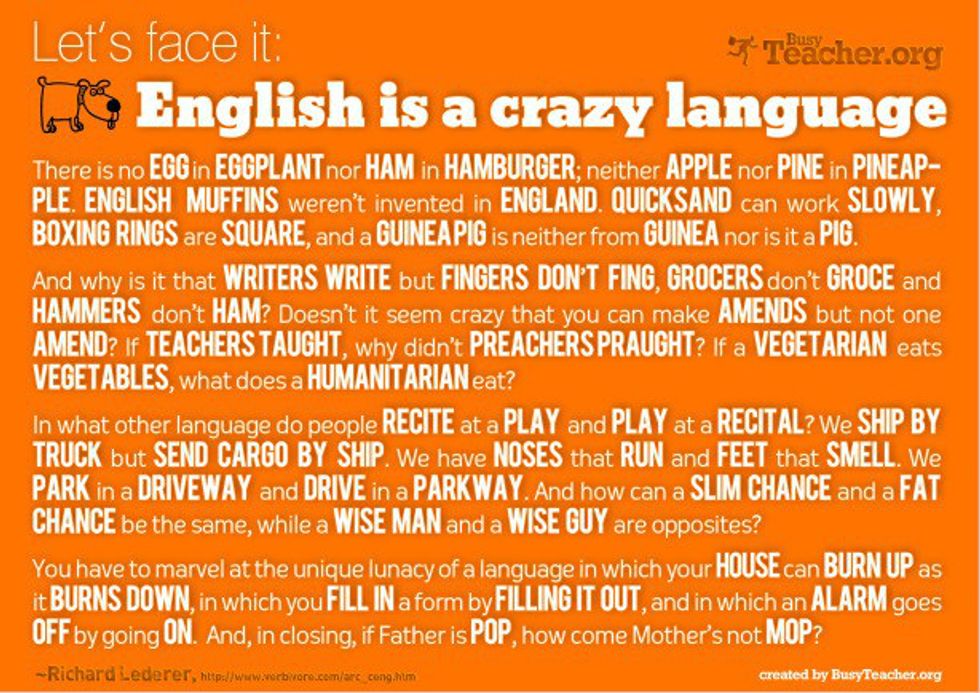Have you ever been curious about how English has evolved over the years? Want some fun facts to share with your English nerd friends? If you are fascinated by etymology, linguistics and how strange the English language is, keep reading!
1. "Girl" used to mean a child of either sex.
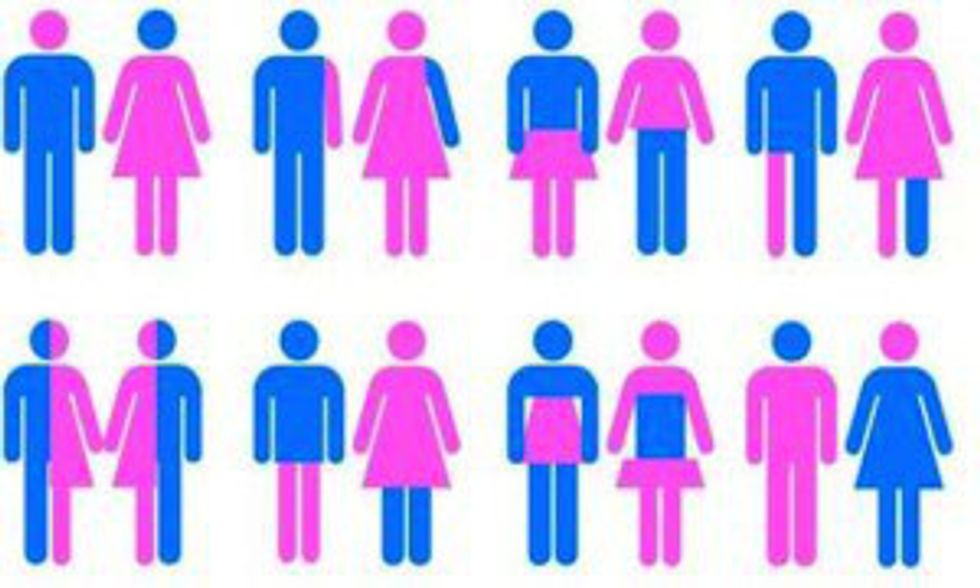
2. In Old English, "deer" used to refer to all animals.
The word "deer" comes from the Old English deor, which means any type of animal or beast.
3. The word "nice" once meant "foolish, stupid or senseless."
In Old French, nice meant "careless, clumsy; weak; poor, needy; simple, stupid, silly, foolish." The Latin nescius meant "ignorant" or literally "not-knowing." So, next time you say the word "nice" sarcastically, you can think back to these 12th century word origins.
4. The word "gruntled" is indeed in the dictionary.
Oftentimes people ask, if I can be disgruntled then can I be gruntled? In the 1930s, the word gruntled evolved from its original meaning of "to grumble or complain" to also mean "to be put in good humor." This is known as back-formation because gruntle's new meaning formed based on the word disgruntle.
Many words in English with negative suffixes such as disgruntled, have positive forms that are now obsolete or rare. These words are known as unpaired words.
5. Try this exercise to see how important emphasis is in the English language:
Emphasize a different word every time you say this sentence: "I never said she stole my money." There are seven different meanings in one seven-word sentence!
6. The shortest word with the suffix "-ology" is oology, the scientific study of eggs.I think being an oologist sounds pretty cool. Here is a list of all words that end in -ology! The longest "-ology" word is otorhinolaryngology, the branch of medicine that deals with ear, nose and throat (ENT) disorders.
7. The word dick also means a leather apron or a bib.
According to the Oxford English Dictionary, the first time the word "dick" appeared was in the 1500s as a nickname for Richard. It soon became another word for the "everyman" or any male representative of the common people.
The first record of the word "dick" referring to a penis wasn’t until the 1890s, as a slang term in the British army. Dick used to mean detective and a clever or smart person. People also used to say "Keep dick" to mean "Keep watch." Who would've thought the word dick would have such a fascinating etymology?
8. Another word for an icicle is an aquabob.
In his book "Landmarks," Robert Macfarlan creates a glossary of unusual poetic words describing nature. According to his book, there are many variants of the word icicle in different areas of England such as aquabob (Kent), clinkerbell and daggler (Wessex), ickle (Yorkshire), tankle (Durham) and shuckle (Cumbria).
9. A "Tom Swifty" is a special kind of pun.
The term "Tom Swifty" takes its name from Tom Swift, a boy's adventure hero created by American writer Edward L. Stratemeyer. In the series of books, Stratemeyer used many qualifying adverbs, such as "Tom added eagerly" or "Tom said jokingly." A Tom Swifty uses an adverb that relates both "punningly" and properly to a sentence of dialogue.
There is actually a Tumblr dedicated to making Tom Swifties about Taylor Swift. What a wonderful, pun-filled world we live in.
10. The word "SWIMS" can be flipped upside down and still remain the same word.
The word "NOON" can also be flipped upside down and remain the same.
11. The American accent is currently undergoing a vowel shift.
The Northern Cities Vowel Shift makes words like "cat" and "bat" sound like "kee-at" and "bee-at." People affected by the shift pronounce words like "bit" with a vowel closer to "bet" or even "but."
Here is a video with some examples of the Northern Cities Vowel Shift:
Why do vowel shifts happen? In the Midwest, many people no longer make a distinction between words like "cot" and "caught" or "don" and "dawn." This is an example of two vowel sounds merging, which is one cause of a vowel shift.
Another cause of a vowel shift is a chain shift, in which one sound changes and causes other sounds to change in a chain reaction. For example, if one vowel becomes more nasal, then the other vowels must also become more nasal in order to make all vowel sounds distinct.
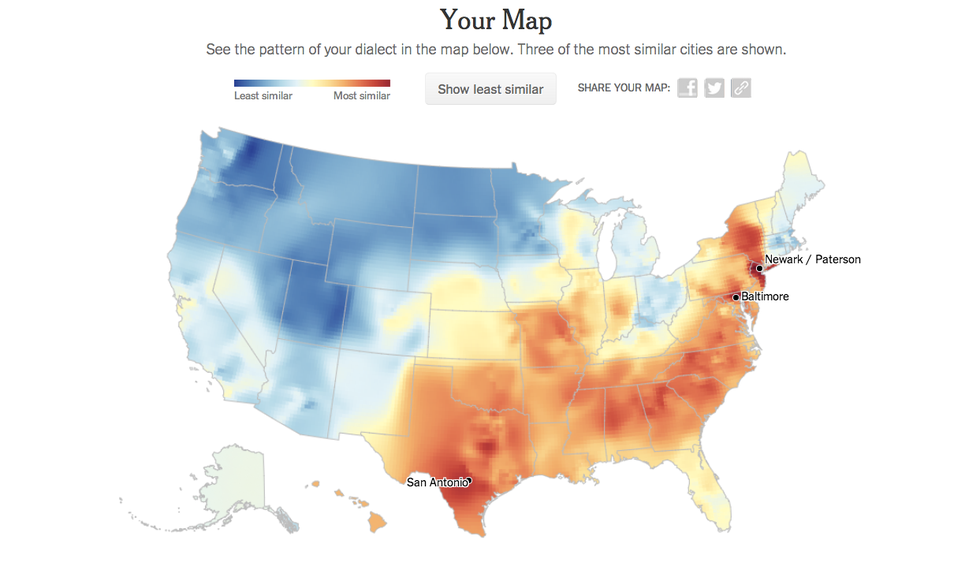
Check out these links for more amusing and cool facts about the English language:
TED.com: 20 Words that Once Meant Something Very Different
Buzzfeed: 21 Times Tumblr Proved English Is The Worst Language Ever
Voxy: 25 Comical Quotes About the Confusing English Language


